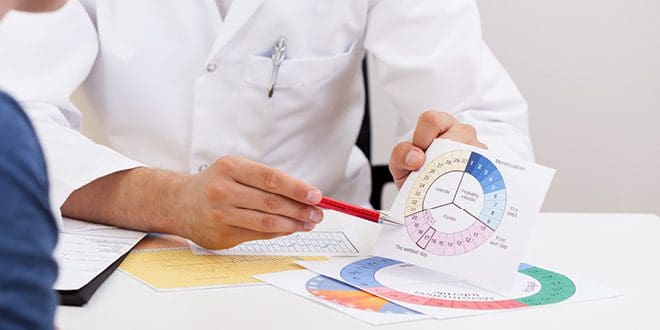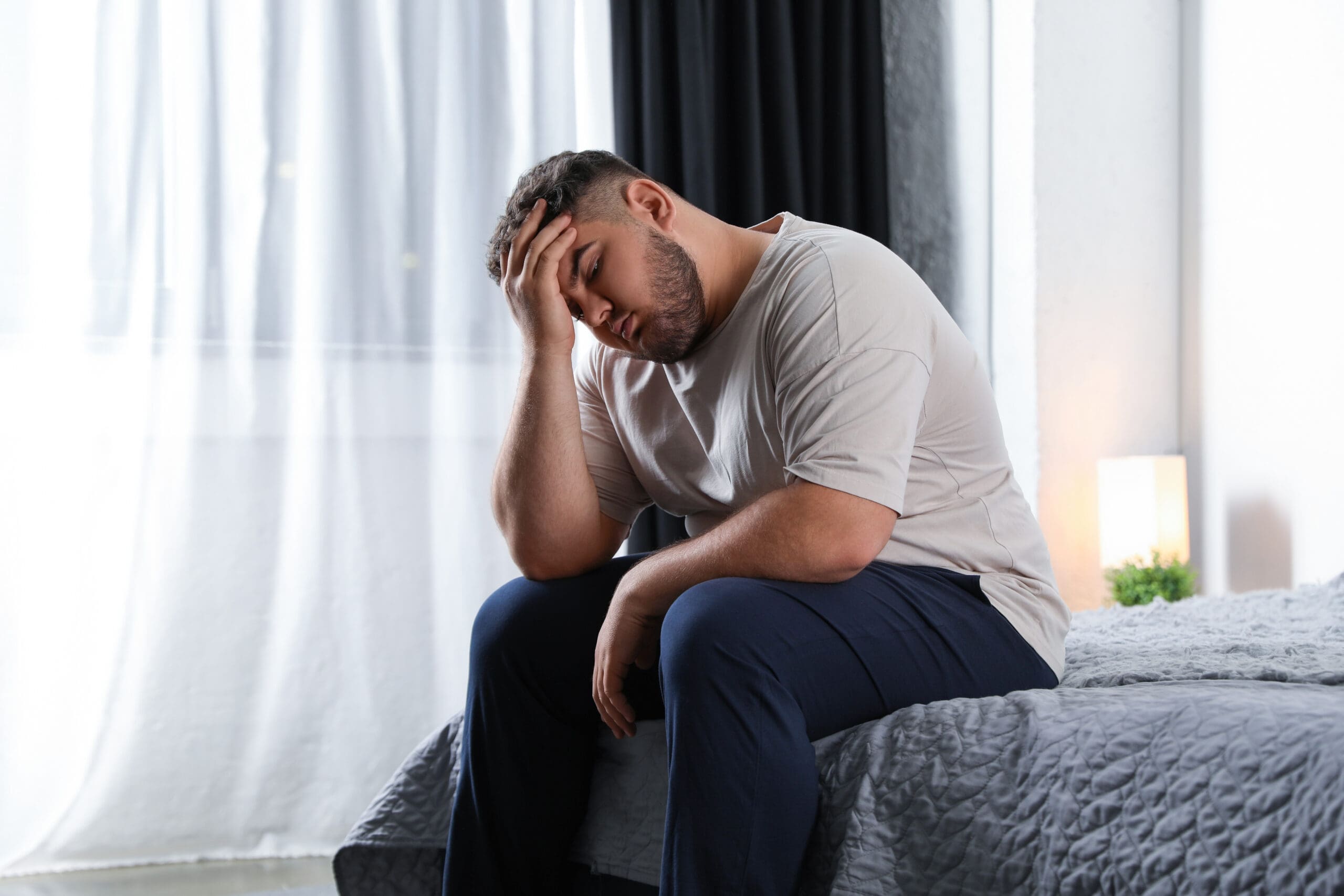By naturopath Margaret Jasinska
New research has shown that non-steroidal anti-inflammatory drugs (NSAIDs) such as naproxen (Naprogesic) can inhibit ovulation in the majority of women.
Other medications in this category include diclofenac (Voltaren), etoricoxib (Arcoxia) and mefenamic acid (Ponstan). They are some of the most widely used medications and are commonly taken for pain, fever, headaches and back pain. Some of these drugs are marketed to women for menstrual pain. New research has shown that taking one of these drugs for as little as ten days can inhibit ovulation.
Not ovulating can be a problem for women who are wishing to fall pregnant. Clearly if no egg is released, conception is impossible. Even if you’re not wanting to get pregnant, not ovulating means you’re not producing progesterone. A lack of progesterone can contribute to menstrual problems and PMS.
This new finding was presented this month at the European League Against Rheumatism Annual Congress (EULAR 2015). However, it is not the first time non-steroidal anti-inflammatory drugs have been linked with infertility.
In the recent study, 39 fertile women who suffered with back pain took either 100 milligrams of diclofenac, 1000 milligrams of naproxen, 90 milligrams of etoricoxib or a placebo each day. The women only took the drugs for ten days, starting on the tenth day of their menstrual cycle. This is almost at the middle of the menstrual cycle, when a woman’s ovary is preparing the egg to be released from the follicle. Surprisingly, after just ten days, only six percent of the diclofenac users and 25 percent of naproxen and etoricoxib users ovulated that month. One hundred percent of the women taking a placebo ovulated.
In women who take NSAIDs, the egg is much less likely to break free from the follicle and be released into the uterus. If an egg is not released, the corpus luteum cannot form and a woman cannot manufacture progesterone. Progesterone is required for fertility but it also has numerous other benefits. Some of these include:
- Calming properties
- Progesterone helps to thicken scalp hair
- Progesterone improves sleep quality
- Reduces PMS
- Reduces menstrual pain or excessively heavy menstrual bleeding
Any factor that stands in the way of ovulation can inhibit progesterone production; therefore polycystic ovarian syndrome and stress are two extremely common factors that can lead to progesterone deficiency in women. If you know you are struggling with low progesterone and regularly take a non-steroidal anti-inflammatory drug, you may wish to speak to your doctor about an alternative.
To learn more about progesterone and fertility, see our book Infertility: The Hidden Causes and how to overcome them naturally.








Leave A Comment